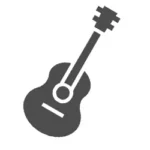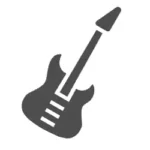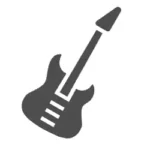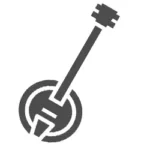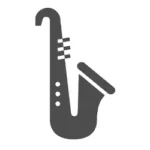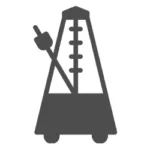Choosing Your First Guitar
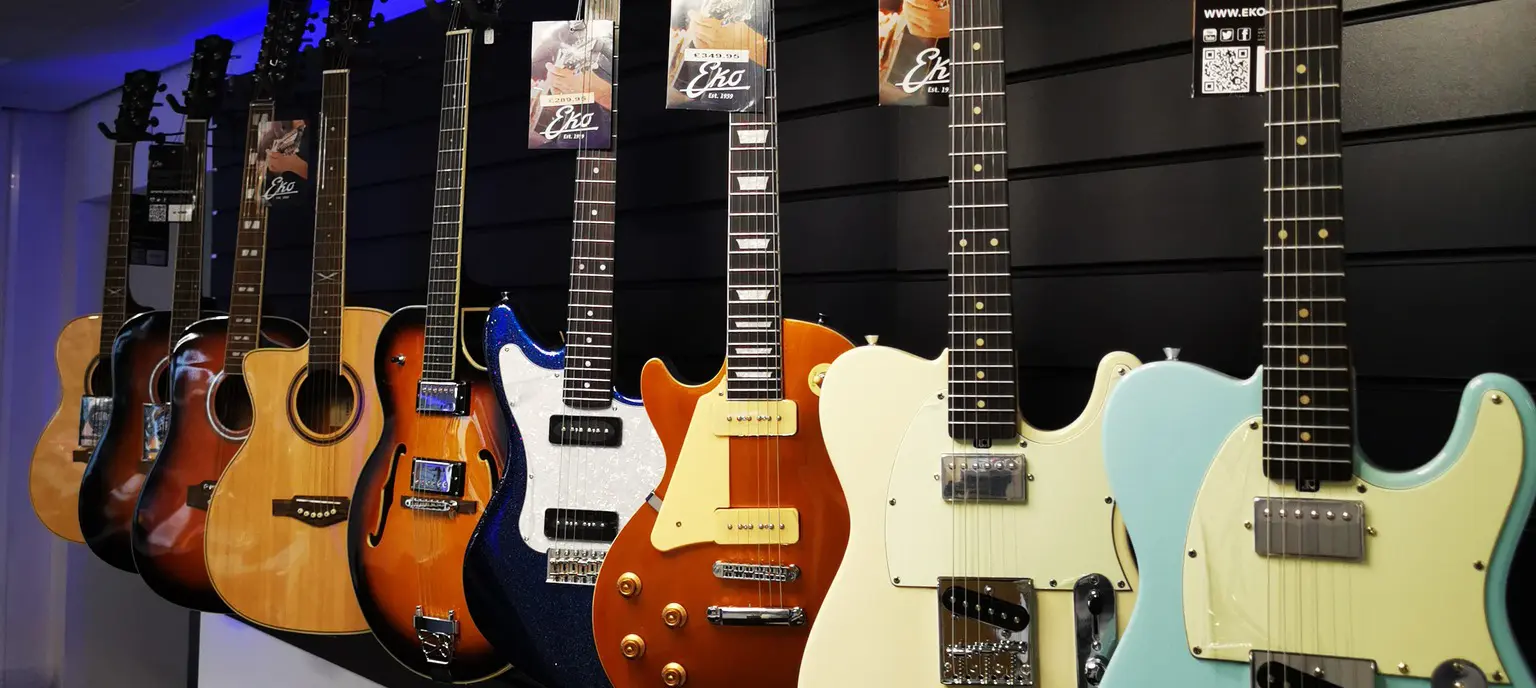
Choosing your first guitar is an exciting step. The right one will make learning easier and more enjoyable.
With so many options available, it’s important to consider key factors like type, budget, and features before making a decision.
This guide will help you understand what to look for so you can start playing with confidence.
Acoustic vs. Electric: Which is Right for You?
The first big decision is whether to start with an acoustic or electric guitar. Each has its own advantages, depending on your musical interests and goals.
Acoustic Guitar
No need for an amplifier
Simpler setup with fewer accessories
Often better for learning basic chords and finger strength
Produces a warm, natural sound
Electric Guitar
Requires an amplifier for full sound
Easier to play due to lighter strings and thinner necks
More versatility in tone and sound effects
Ideal for rock, blues, and metal
If you enjoy folk, country, or singer-songwriter music, an acoustic guitar is a solid choice. If you prefer rock, blues, or jazz, an electric guitar might be better.
Essential Features to Look for in a Beginner Guitar
A quality beginner guitar doesn’t have to be expensive, but it should have good playability and sound. Here are key features to consider:
Playability
A comfortable neck width for your hand size
Low action (string height) to make pressing down easier
Light gauge strings to reduce finger strain
Build Quality
Solid wood or laminate construction (solid wood has better sound, but laminate is more durable)
Well-finished frets to avoid discomfort
A properly aligned neck for tuning stability
Tuning Stability
Reliable tuning pegs that hold pitch well
A stable bridge and nut to prevent slipping
Trying different models in a store can help you find one that feels right.
Budget Considerations: How Much Should You Spend?
The price of a beginner guitar varies, but you don’t need to spend a fortune. Here’s a general guide:
Entry-Level (£200 - £300)
Great for complete beginners
Basic quality with decent playability
Mid-Range (£300 - £600)
Better sound and construction
Ideal for players serious about learning
High-End Beginner (£600+)
Excellent craftsmanship
Suitable for long-term use without needing an upgrade
Start with what fits your budget, but avoid extremely cheap guitars, as they may be harder to play.
Best Guitar Brands for Beginners
Reputable brands offer reliable quality, making them a safer choice for new players. Some of the best beginner-friendly brands include:
Acoustic Guitar Brands
Yamaha (FG Series, APX Series)
Fender (CD Series)
Epiphone (DR Series)
Electric Guitar Brands
Squier by Fender (Affinity Series, Bullet Series)
Epiphone (Les Paul Special, SG Series)
Yamaha (Pacifica Series)
These brands provide good quality without breaking the bank.
Additional Accessories You’ll Need
A guitar alone isn’t enough to get started. You’ll also need some essential accessories:
Acoustic Guitar Accessories
Guitar tuner (clip-on or mobile app)
Guitar picks
A padded gig bag for transport
A capo for different keys
Extra strings for replacements
Electric Guitar Accessories
Guitar amplifier
Instrument cable
Guitar strap
Headphones for quiet practice
Effects pedals (optional for tone variety)
Having the right gear ensures a smoother learning experience.
Conclusion and Final Tips
Picking your first guitar doesn’t have to be overwhelming. Consider your musical interests, comfort, and budget before making a choice.
Start with a guitar that feels good to play, and don’t forget essential accessories to enhance your learning.
With the right instrument, you’ll enjoy the process and make faster progress.
Happy playing!
